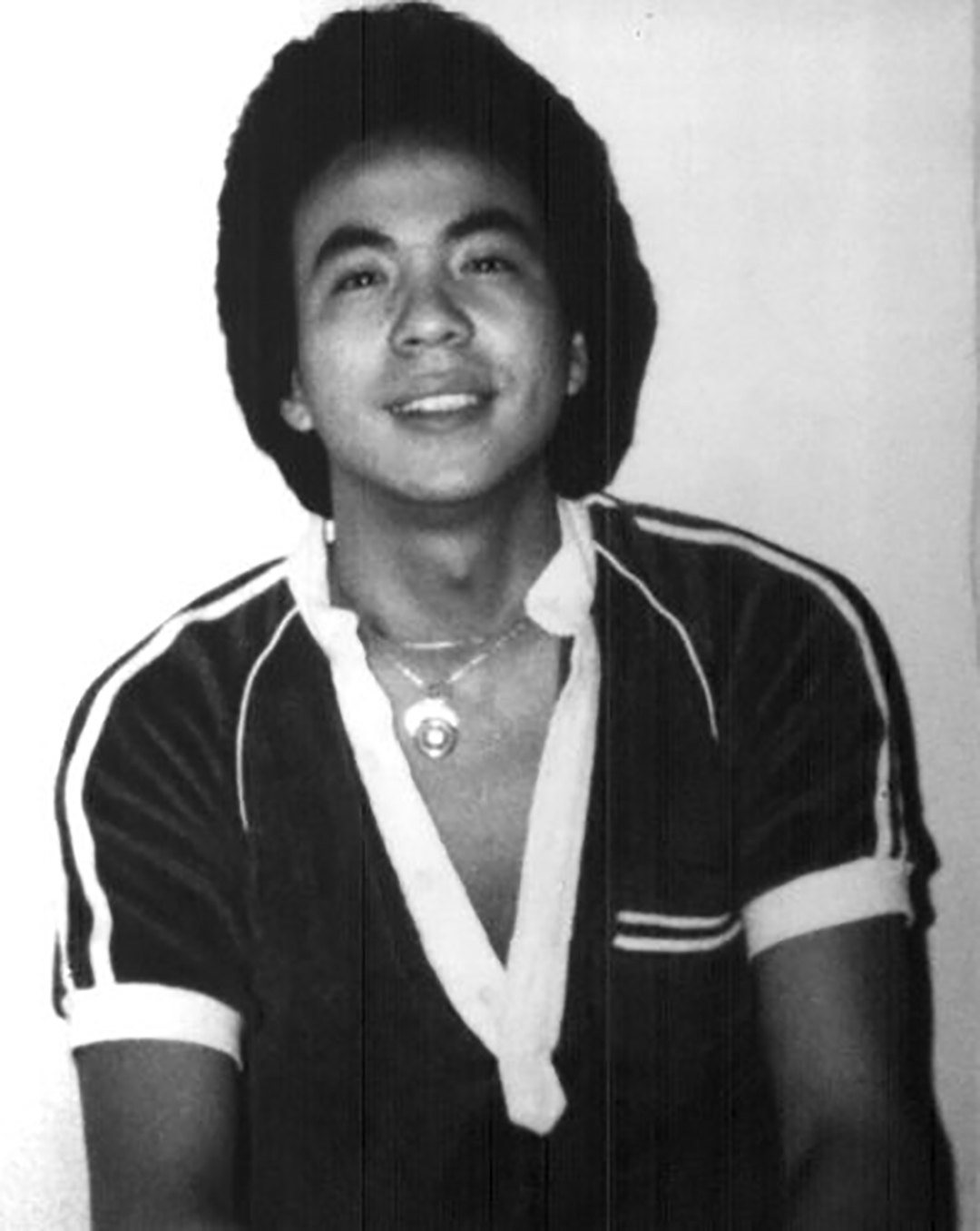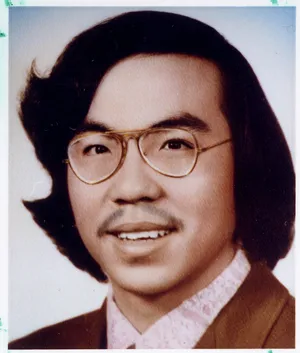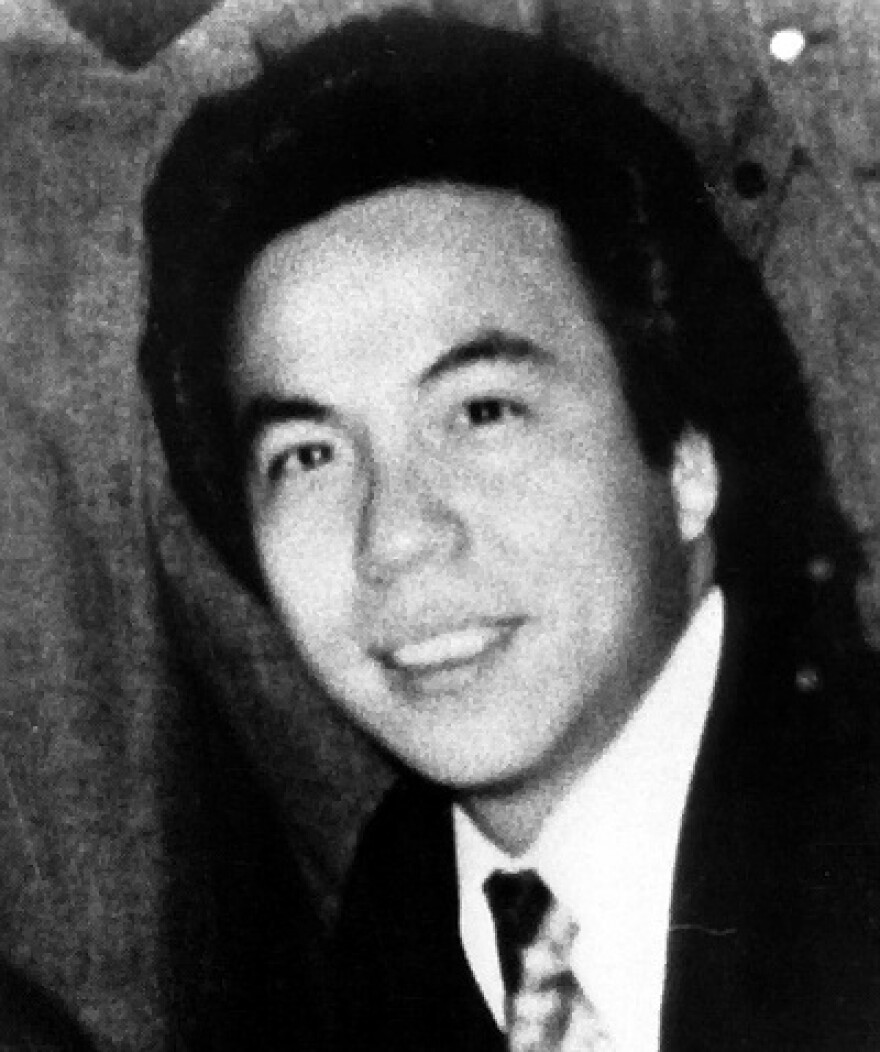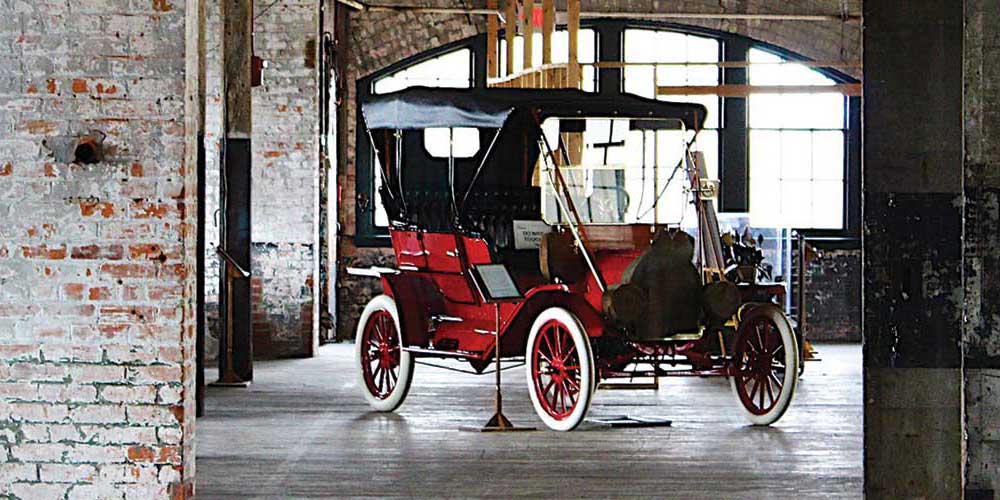By Bob Sadler, MotorCities Communications Manager
Images are Public Domain
Published 6.17.2022

Vincent Chin
It was supposed to be a night of celebration. A Chinese-American named Vincent Chin, who worked as a computer draftsman, and a few friends were going to a strip club in Highland Park, Michigan for a bachelor party on June 19, 1982. Chin’s wedding was just days away.
Also, at the club that night were Ronald Ebens, a 43-year-old Chrysler foreman, and his stepson Michael Nitz, a 22-year-old part-time student who had recently been laid off from Chrysler.
A dispute erupted between the two groups of men over a dancer. A witness later recounted that Ebens mistook Chin for Japanese and shouted “it’s because of you (expletive) that we’re out of work.” The American auto industry was struggling in the late 1970s and early 80s as Japanese imports gained market share, putting many Detroiters in unemployment lines.
A scuffle that started inside the club continued outside. Ebens and Nitz went to their car and grabbed a baseball bat, chasing Chin and his friends, who ran. They found Chin about 20 minutes later waiting for a bus outside of a McDonald’s a few blocks away. Nitz grabbed Chin while Ebens hit him repeatedly in the head with the bat, knocking Chin unconscious. Chin died at Henry Ford Hospital in Detroit four days later from his injuries.
So instead of attending a wedding, 400 guests gathered at Chin’s funeral.

When Ebens and Nitz went to trial in March of 1983, charged with second degree murder. Wayne County Circuit Judge Charles Kaufman ruled that Chin’s death was the result of a barroom fight and allowed a plea bargain in the case. The two men pleaded guilty to manslaughter. At sentencing, Kaufman fined both Ebens and Nitz $3,000, made them pay $780 in court costs and gave each three years of probation. Neither man served any prison time.
Judge Kaufman said of the sentence: “These aren’t the kind of men you send to jail. We’re talking here about a man who’s held down a responsible job for 17 or 18 years, and his son is employed and a part-time student. You don’t make the punishment to fit the crime, you make the punishment to fit the criminal.”
While the murder of Vincent Chin in 1982 did not prove to be national news, the sentences of Ebens and Nitz the next year were. The injustice seemed to unify Asian Americans and triggered protests across the country. A Chinese-American journalist named Helen Zia formed an organization called American Citizens for Justice (ACJ) to advocate for civil rights all Americans of Asian descent. The new group petitioned the U.S. Department of Justice take review the Chin case as a violation of his civil rights since he was targeted because of his ethnicity.
ACJ’s efforts were successful, and the Chin case marked the first time Asian Americans were protected in a federal civil rights prosecution, according to Renee Tajima-Pena, co-director of a documentary film called “Who Killed Vincent Chin?”
In 1984, Ebens was sentenced in U.S. District Court to 25 years in prison for violating Chin’s civil rights, but the verdict was appealed and subsequently overturned during a retrial three years later. A civil suit was filed on Chin’s behalf, which Ebens and Nitz settled out of court.

This weekend marks the 40th anniversary of the events that caused Vincent Chin’s death. A coalition of civil rights groups, including ACJ, are hosting a series of events that began yesterday and continue through Sunday to remember Vincent Chin and the legacy his death sparked.
The events in 1982 resonate today as the COVID-19 pandemic has triggered more resentment and violence against Chinese and other Asian Americans.
“We cannot talk about hate crimes and senseless killings today without talking about Vincent Chin,” said Rebeka Islam, chairman of the coalition organizing this weekend’s activities, to the Detroit Free Press. “Today, we remember Vincent Chin and dedicate ourselves in solidarity against racism and discrimination.”
For more information on this weekend’s event remembering Vincent Chin, visit www.vincentchin.org.
For perspective on the Vincent Chin case from the union standpoint written by Sandra Engle, MotorCities Vice-Chair and the director of the UAW’s Public Relations Department, click https://uaw.org/labor-let-values-remembering-vincent-chin/
Bibliography
Little, Becky. “How the 1982 Murder of Vincent Chin Ignited a Push for Asian American Rights.” History.com, May 5, 2020.
Witsil, Frank. “Coalition Plans a 4-Day Commemoration in June to Honor Asian American Civil Rights Legacy.” Detroit Free Press, May 2, 2022.



